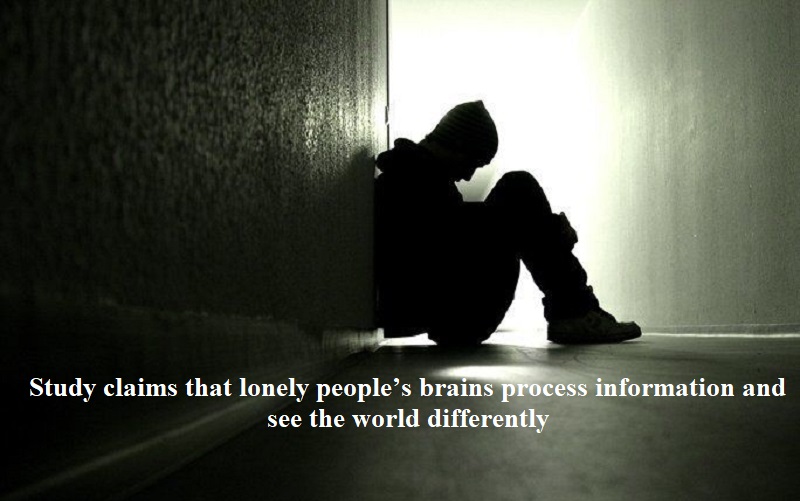
A study conducted in the United States and published in Psychological Science suggests that lonely individuals perceive the world differently from those who are not lonely. Furthermore, the research indicates that lonely individuals process information in a unique and individualistic manner, unlike nonlonely individuals who exhibit more uniform processing.
The study, conducted by researchers at the University of California, involved 66 young adults between the ages of 18 and 21 who were in their first year of college. Participants completed the UCLA Loneliness Scale, a self-report measure that assesses feelings of loneliness and social isolation. Based on the results, the participants were divided into two groups: lonely individuals and “nonlonely” individuals who did not experience loneliness. During the study, the participants watched 14 video clips while their brain activity was monitored using functional magnetic resonance imaging (fMRI).
The video clips covered a range of topics, from sentimental music videos to party scenes and sporting events, ensuring that the content was engaging enough to prevent participants’ minds from wandering and affecting the collected data. The researchers, led by psychologist Elisa Baek, assistant professor at the University of Southern California, analyzed the brain activity in 214 different regions over time in response to the stimuli presented in the videos. They also compared the activity between individuals in each brain region to assess the similarity or difference in their responses.
The study revealed significant differences in the brain functioning and information processing of lonely individuals compared to their nonlonely counterparts. Interestingly, the researchers not only found differences between the two groups but also discovered substantial variations among individual lonely individuals. The study examined whether there were connections between loneliness and neural responses to naturalistic stimuli, drawing inspiration from Leo Tolstoy’s novel Anna Karenina, which states, “Happy families are all alike; every unhappy family is unhappy in its own way.” The findings indicated that lonely individuals exhibited loneliness in a distinct and idiosyncratic manner, rather than in a universally relatable way.
While nonlonely individuals displayed similar neurological responses, the study found that individuals with high levels of loneliness, regardless of the number of friends they had, were more likely to exhibit unique brain responses. The researchers also noted that being surrounded by individuals who perceive the world differently could potentially be a risk factor for loneliness, even in the presence of daily social interactions with others.

Post Your Comments